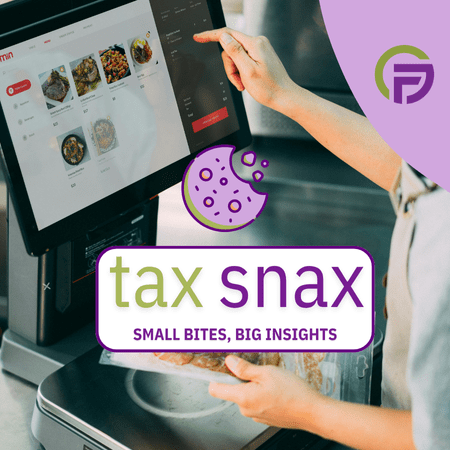
Sales Tax Expansion 2025 — Services, SaaS & Streaming
As state and local governments seek new revenue streams, they are increasingly scrutinizing the service economy for new taxation opportunities,
including gig economy and app-based services. We have witnessed a recent trend across the country where most states that impose tax on services
are broadening their definitions to keep up with the digital economy. For example, tangible personal property has been expanded to include digital goods,
which in turn is defined to include streaming services and electronically delivered software or databases.
Most states tax a certain or select list of services, but recent legislation shows an increase in the taxation of digital goods and streaming services.
The following highlights recent changes and the continuing trend of states adapting sales tax laws to cover the modern service and digital economy:
State-Specific Recent and Proposed Sales Tax Changes on Services
- Illinois: Lawmakers are considering a proposal to expand the statewide sales tax of 6.25% to more than 80 service categories,
including rideshares, streaming services, and car repair. Chicago already taxes certain digital products, including SaaS and streaming, at city-level rates. - Kansas: In July 2025, new legislation took effect that changes the sourcing rules for sales of services to market-based sourcing.
- Kentucky: The state expanded its 6% sales tax base in 2023 to include over 30 new service categories,
including landscaping, janitorial, and various professional services. - Louisiana: A state sales tax on digital goods and services went into effect on January 1, 2025,
applying to items like streaming services, digital books, and SaaS. A separate law signed in June 2025 includes digital products
when calculating a business’s economic nexus. - Maine: Effective January 1, 2026, the state will expand its 5.5% sales tax to cover streaming platforms and subscription-based digital content.
The separate service provider tax will be eliminated and merged into the standard sales tax. - Maryland: A new 3% sales tax on specific technology and data services, such as web hosting, software publishing, and IT consulting,
took effect on July 1, 2025. - Minnesota: Certain digital products, such as streaming services, e-books, and prewritten software, are subject to sales tax regardless of delivery.
A proposal is also being considered to expand sales tax to various professional and legal services, including accounting and personal injury law,
estimated to generate over $200 million in state revenue. - New York: Recent changes focus on expanding the tax base to include emerging sectors:
- Short-term rentals: Effective March 1, 2025, New York State and local sales tax, plus a New York City unit fee, now apply to rent collected on short-term rentals.
- Peer-to-peer car sharing: An additional 6% tax was added to the gross receipts for using a shared vehicle through a peer-to-peer car-sharing program.
- Specific local fees: Manhattan has an additional 8% parking tax that applies in most cases, on top of the standard state and local rates.
- New Jersey: One of the first states to define tangible personal property to include digital goods.
The 6.625% sales tax applies to most tangible personal property, specified digital products, and certain services. - Washington: New rules, effective October 1, 2025, apply retail sales tax to several business services,
including information technology, custom software and website development, and temporary staffing
